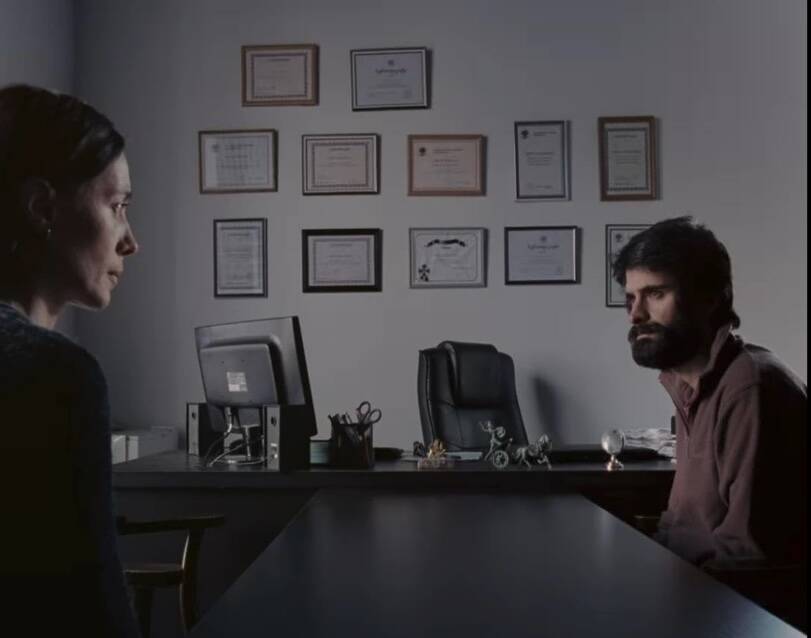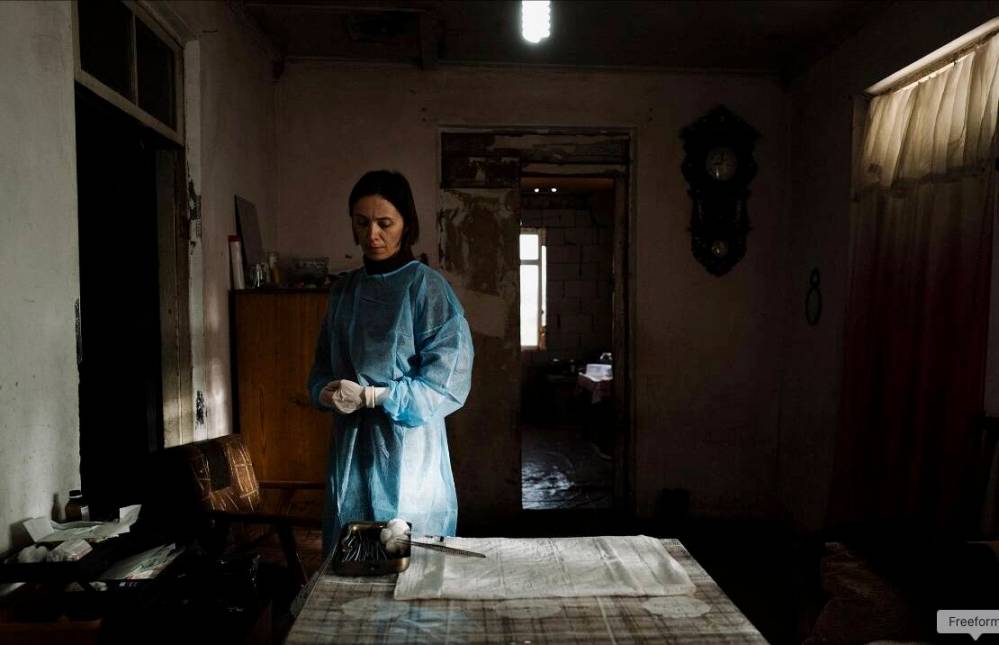Living and loving on the razor’s edge of birth and death
Advertisement
Read this article for free:
or
Already have an account? Log in here »
To continue reading, please subscribe:
Monthly Digital Subscription
$0 for the first 4 weeks*
- Enjoy unlimited reading on winnipegfreepress.com
- Read the E-Edition, our digital replica newspaper
- Access News Break, our award-winning app
- Play interactive puzzles
*No charge for 4 weeks then price increases to the regular rate of $19.00 plus GST every four weeks. Offer available to new and qualified returning subscribers only. Cancel any time.
Monthly Digital Subscription
$4.75/week*
- Enjoy unlimited reading on winnipegfreepress.com
- Read the E-Edition, our digital replica newspaper
- Access News Break, our award-winning app
- Play interactive puzzles
*Billed as $19 plus GST every four weeks. Cancel any time.
To continue reading, please subscribe:
Add Free Press access to your Brandon Sun subscription for only an additional
$1 for the first 4 weeks*
*Your next subscription payment will increase by $1.00 and you will be charged $16.99 plus GST for four weeks. After four weeks, your payment will increase to $23.99 plus GST every four weeks.
Read unlimited articles for free today:
or
Already have an account? Log in here »
At once coldly calibrated and uncomfortably visceral, this complex arthouse drama centres on Nina (Ia Sukhitashvili), an OB-GYN who performs off-the-book abortions in an isolated, impoverished rural region in the country of Georgia.
Filmmaker Dea Kulumbegashvili (Beginning) deals with the gritty, workaday details of social realism, but she keeps her stripped-down narrative thrumming with the dread of abstract horror. April (in Georgian, with English subtitles) begins with an absolutely enigmatic image — a faceless, naked, heavily breathing form shuffling through an indeterminate black space. Even when we have switched over to the sterile fluorescent light of a modern hospital, this surreal spectre haunts Nina’s story.
Nina has brought thousands of babies into the world and is the hospital’s go-to specialist for complicated births. When a high-risk delivery ends in a stillborn infant, the ensuing investigation threatens to expose Nina’s hidden and illegal after-hours work — helping desperate women faced with unwanted pregnancies. (In Georgia, abortion is, in theory, legal under certain circumstances. In practice, it is highly restricted and often stigmatized. The film was essentially shot in secret, the filmmaker’s approach paralleling Nina’s.)

Arseni Khachaturan/First Picture
OB-GYN Nina (Ia Sukhitashvili) is both needed and scorned.
Kulumbegashvili tracks Nina’s days and nights as she walks an impossible line in a community that both needs her and scorns her.
As her concerned colleague and former lover David (Kakha Kintsurashvili) suggests, “These rumours about abortion: if they’re true, you’re throwing your life away. No one will thank you. No one will defend you.”
Nina is at the centre of every scene in this film but remains enigmatic. In her professional life, she is a deeply compassionate doctor, driving miles on almost impassably muddy lanes to sit with patients. In her personal life, she remains socially cut off and emotionally unreachable. She often takes nocturnal drives down a dark highway, picking up men for (sometimes risky) anonymous sex.
When David asks her why she has never married and had children, she replies that she has “no space in my life for anything else.”
There’s something intense and angular and uncompromising in the character of Nina and in Sukhitashvili’s performance. Kulumbegashvili’s distinctive, difficult cinematic style reflects this. She uses long, unbroken takes, shot with a fixed camera, with characters often talking out of the frame, heard but not seen.
The audio combines discordant music and the unsettling sounds of machinery, barking dogs and wailing sirens. The other crucial element of the soundscape is silence — long, unnerving stretches of silence.
Stylistically and thematically, there are parallels to films such as The Girl with the Needle and Under the Skin.
Kulumbegashvili breaks ground, though, in her use of medical sequences, rigorously demystifying reproductive health care with graphic, protracted scenes of childbirth — including a vaginal delivery and a caesarean — in which the filmmaker is recording actual events with actual women, not simulations.

Arseni Khachaturan / First Picture
Nina (Ia Sukhitashvili) performs off-the-books abortions to help desperate women in April.
Another medical procedure plays out in real time, almost as if Kulumbegashvili is saying to the audience, if these characters can endure this, so can you.
In her examination of the ways profoundly personal experiences collide with institutional power, Kulumbegashvili makes things deliberately hard. This may be an issue film, but it’s not remotely didactic. There’s not much explication or resolution here.
The final meaning of that figure seen in the opening sequence remains murky, for instance, as do the reasons for Nina’s compulsive commitment to her work.
But if April requires patience and concentration and labour from its viewers, by its shattering conclusion, it also rewards them.
alison.gillmor@freepress.mb.ca

Studying at the University of Winnipeg and later Toronto’s York University, Alison Gillmor planned to become an art historian. She ended up catching the journalism bug when she started as visual arts reviewer at the Winnipeg Free Press in 1992.
Our newsroom depends on a growing audience of readers to power our journalism. If you are not a paid reader, please consider becoming a subscriber.
Our newsroom depends on its audience of readers to power our journalism. Thank you for your support.


